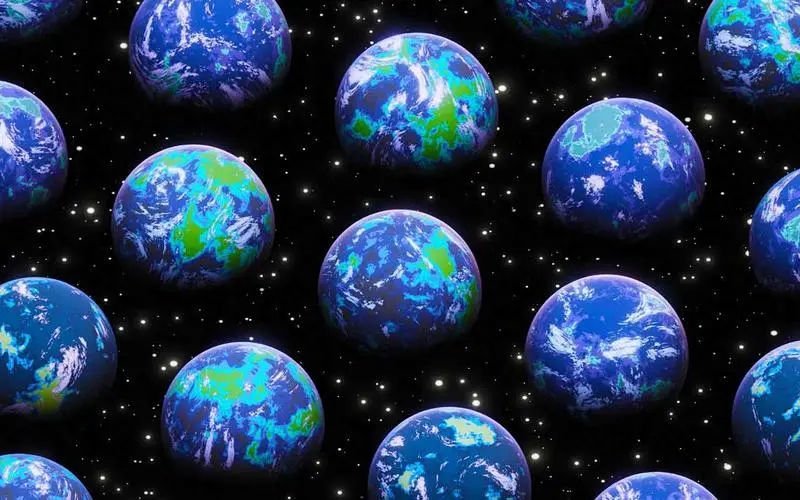The common definition of free will often has problems when relating to desire and power to choose. An alternative definition that ties free will to different outcomes for life despite one’s past is supported by the probabilistic nature of quantum physics. This definition is compatible with the Many Worlds Interpretation of quantum physics, which refutes the conclusion that randomness does not imply free will, writes Tim Andersen. Free will is one of those things where people tend to be very attached to its being true or false and yet most people implicitly treat it as true. Consider that we hold people accountable for their actions as if they decided to carry out those actions of their own free will. We reward people for their successes and discoveries likewise. If Albert Einstein didn’t really make his discoveries but it was, instead, inevitable that his brain would do so, does he really deserve his Nobel Prize?[related id=2213]Some argue that w…
Read the full article which is published on IAI TV (external link)







